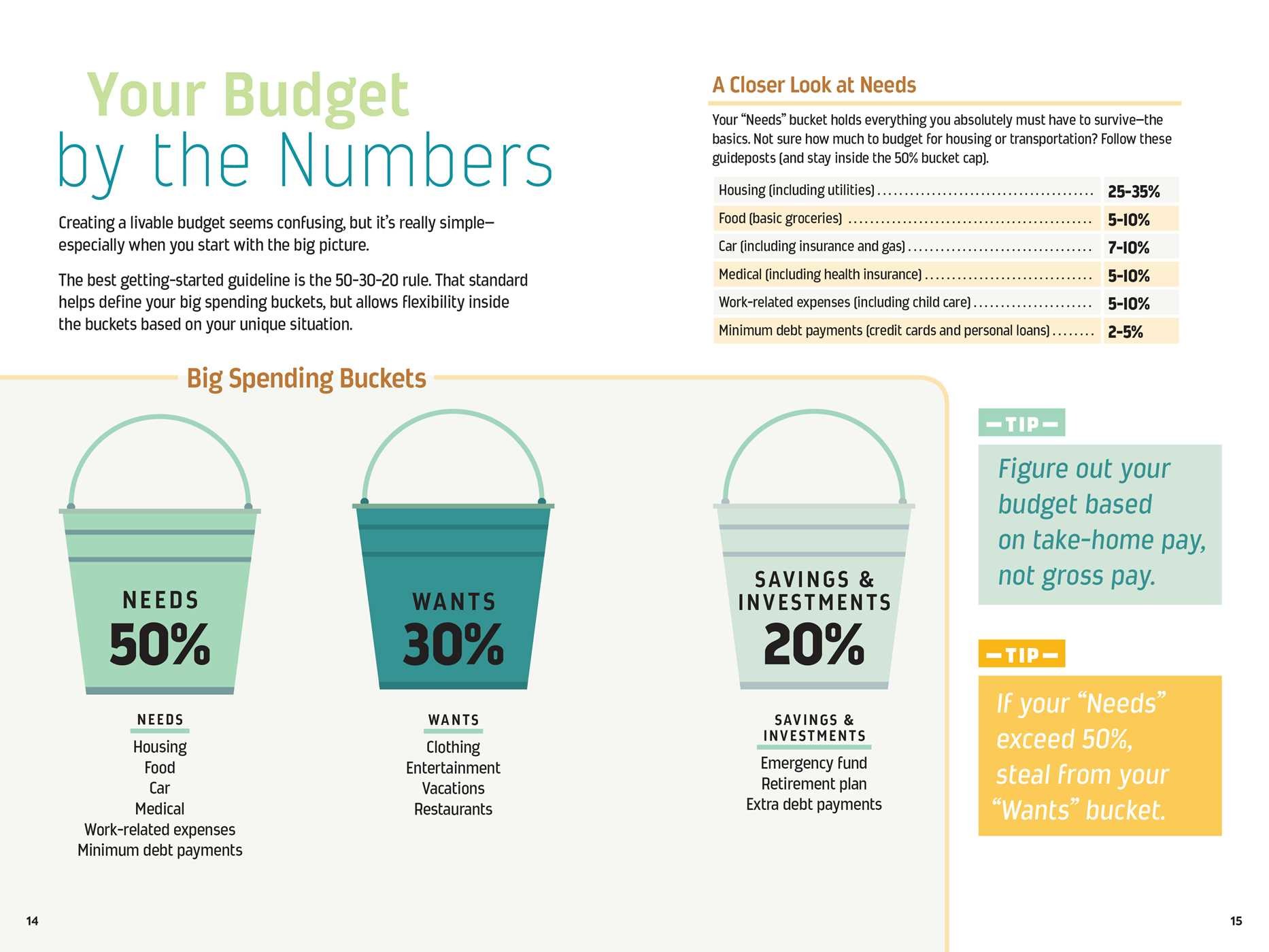The Consequences Of Falling Short To Fulfill Performance Bond Commitments
The Consequences Of Falling Short To Fulfill Performance Bond Commitments
Blog Article
Material Create By-
When a guaranty problems an efficiency bond, it ensures that the principal (the party who buys the bond) will certainly satisfy their commitments under the bond's terms. If the primary fails to fulfill these obligations and defaults on the bond, the surety is in charge of covering any kind of losses or problems that result.
1. Loss of credibility: Defaulting on a performance bond can damage the principal's track record and credibility, making it tougher to secure future company or funding.
2. Legal and management expenses: The guaranty may need to pay lawful and management expenses related to seeking the principal for damages or trying to correct the circumstance.
3. Economic losses: The surety might need to cover the price of finishing the job or giving the solutions that the principal failed to supply. https://canada.constructconnect.com/dcn/news/economic/2021/09/surety-corner-labour-and-material-payment-bond-how-do-i-make-a-claim can lead to substantial monetary losses for the guaranty.
4. Boosted premiums: If the principal has a history of defaulting on performance bonds, they may be required to pay higher costs in the future to get the essential bonding.
Generally, defaulting on an efficiency bond can have serious financial consequences for both the principal and the guaranty. It's important for principals to thoroughly consider their commitments and guarantee they are able to meet the terms of the bond to stay clear of these unfavorable end results.
Back-pedaling a performance bond can be an expensive bad move for services. When you stop working to fulfill the bond's obligations, the financial consequences can be significant. From paying the full bond amount to potential lawful fights and harmed relationships, the repercussions can resound throughout your company operations. Understanding the intricate web of economic influences that defaulting on an efficiency bond can have is important for guarding your firm's monetary health and credibility.
Financial Penalties for Defaulting
If you back-pedal a performance bond, you'll likely face significant financial penalties. These fines can differ relying on the regards to the bond contract yet frequently include paying the bond amount completely to the obligee. This suggests that if you fall short to accomplish your legal commitments, you need to pay the bond total up to the job owner or the entity that required the bond.
Furthermore, you may also be responsible for any added prices sustained by the obligee as a result of your default, such as finding a substitute service provider or covering task delays.
Back-pedaling an efficiency bond can likewise result in legal charges and court prices if the obligee makes a decision to take legal action against you to recoup the bond quantity. These expenses can rapidly add up, further aggravating the monetary effect of your default. It's important to carefully assess and comprehend the terms of the performance bond to stay clear of these severe punitive damages.
Influence On Company Cash Flow
Back-pedaling an efficiency bond can dramatically impact your service cash flow, affecting economic stability and functional capabilities. When you default on an efficiency bond, you take the chance of shedding the bond amount, which can be a substantial amount. This loss directly influences your cash flow, as you'll require to find alternative resources of funding to cover the bond amount. Moreover, failing can cause increased analysis from guaranties, making it tougher and more costly to secure bonds in the future. This can better strain your cash flow as you might need to designate extra resources to satisfy bonding needs.
The influence on your cash flow does not quit there. Back-pedaling an efficiency bond can likewise lead to project delays or cancellations, causing a loss of profits. Additionally, the unfavorable credibility that features defaulting can discourage potential customers, additionally reducing your capital. Overall, defaulting on an efficiency bond can have destructive results on your service's monetary health and capacity to operate efficiently.
Legal Implications and Suits
Dealing with lawful implications and prospective legal actions because of defaulting on an efficiency bond can considerably affect your business's track record and economic standing. When you default on an efficiency bond, the surety business may take legal action to recover the bond quantity paid. This can result in pricey legal costs, court expenses, and potential negotiations or judgments against your service.
Furthermore, back-pedaling an efficiency bond may lead to damaged connections with customers, subcontractors, and vendors, influencing your capability to safeguard future agreements. Legal actions occurring from bond defaults can tarnish your service's credibility in the market, making it testing to attract new partners or customers.
Furthermore, if the default causes a court judgment versus your company, it could lead to possession seizure or liens, further stressing your monetary stability. Therefore, it's essential to comprehend the lawful implications of back-pedaling an efficiency bond and take aggressive actions to alleviate the dangers included.
Conclusion
As you deal with the consequences of defaulting on a performance bond, remember this: it's like walking a tightrope without a safeguard. One incorrect move can send you plunging into a financial freefall, without way to stop the autumn.
The financial penalties, capital impact, and lawful implications are all waiting to capture you if you blunder. So step carefully, and always recognize why not try these out to prevent the severe consequences of default.
